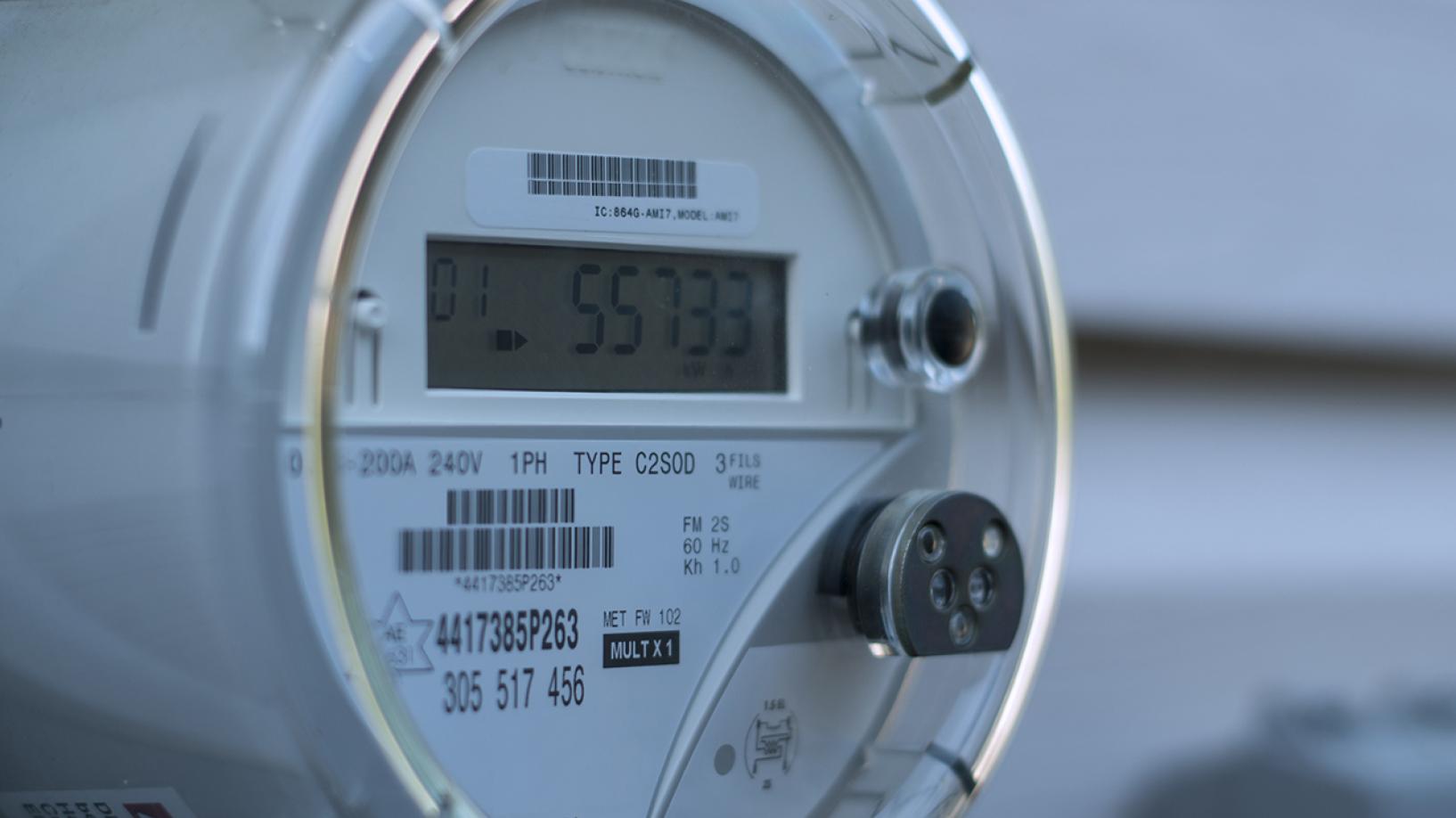Our research tells us that consumers want the future Australian energy system to be affordable, reliable, and clean. As our system transitions to more renewable generation there will be increased periods of scarcity and abundance. To give consumers agency over their own energy bills and keep overall system costs down we need to provide them with the tools and services needed to respond to the volatility in the electricity supply. Smart meters are part of the essential infrastructure required to deliver these tools and help lower overall system costs.
Read our submission (PDF, 401.60KB)
It is clear that the current rollout of smart meters is not delivering desired outcomes for either consumers, or the energy system. Further, at the current rate the earliest that Australia will have fully rolled out smart meters will be 2040 – noting that Victoria and Horizon Power have had 100% smart meters for almost a decade. For this reason, we strongly support the AEMC’s proposal of an accelerated deployment of smart meters to achieve 100% penetration by 2030.
Achieving a successful roll out of smart meters by 2030 requires not only changes to the regulatory framework for which the AEMC is responsible, but a commitment by governments nationwide to ensuring an efficient roll out in every jurisdiction and that the full benefits of smart meters are realised. Further, information and advice about the process, the costs and the benefits needs to be available from an independent trusted agency, to support landlords (both private and social housing) as well as owners to participate.
We make 5 key recommendations to the AEMC in our submission:
- Consumers should not be responsible for paying direct costs of smart meter installations.
- Consumers and their representatives should have easy and clear access to their own energy data in real time from smart meters.
- Installing a smart meter should not automatically assign consumers to time varying retail pricing.
- To establish trust and gain community acceptance there needs to be a clear, consistent, and accessible communications campaign.
- All responsible actors need to be identified and involved in the planning and execution of the accelerated rollout.

